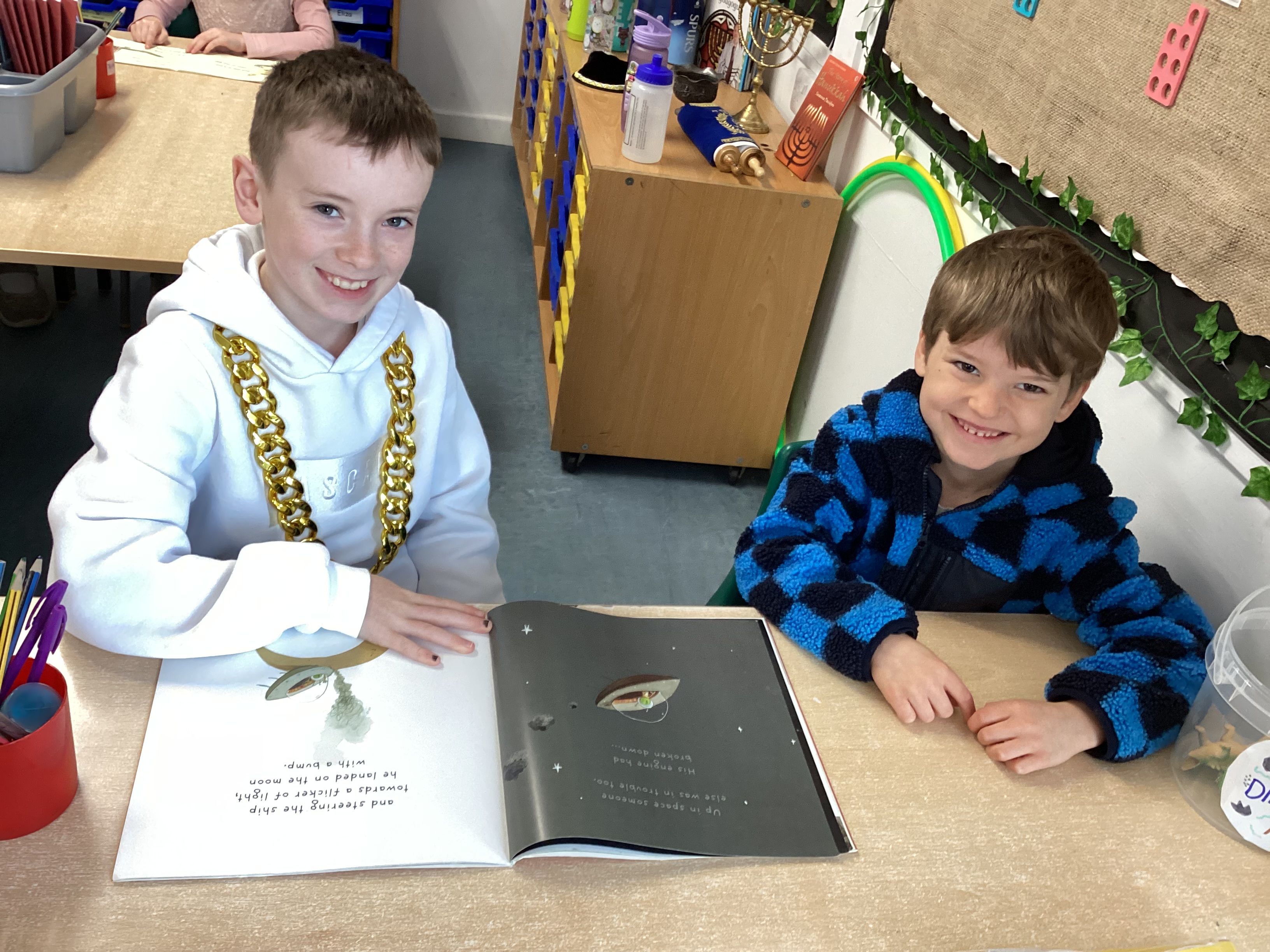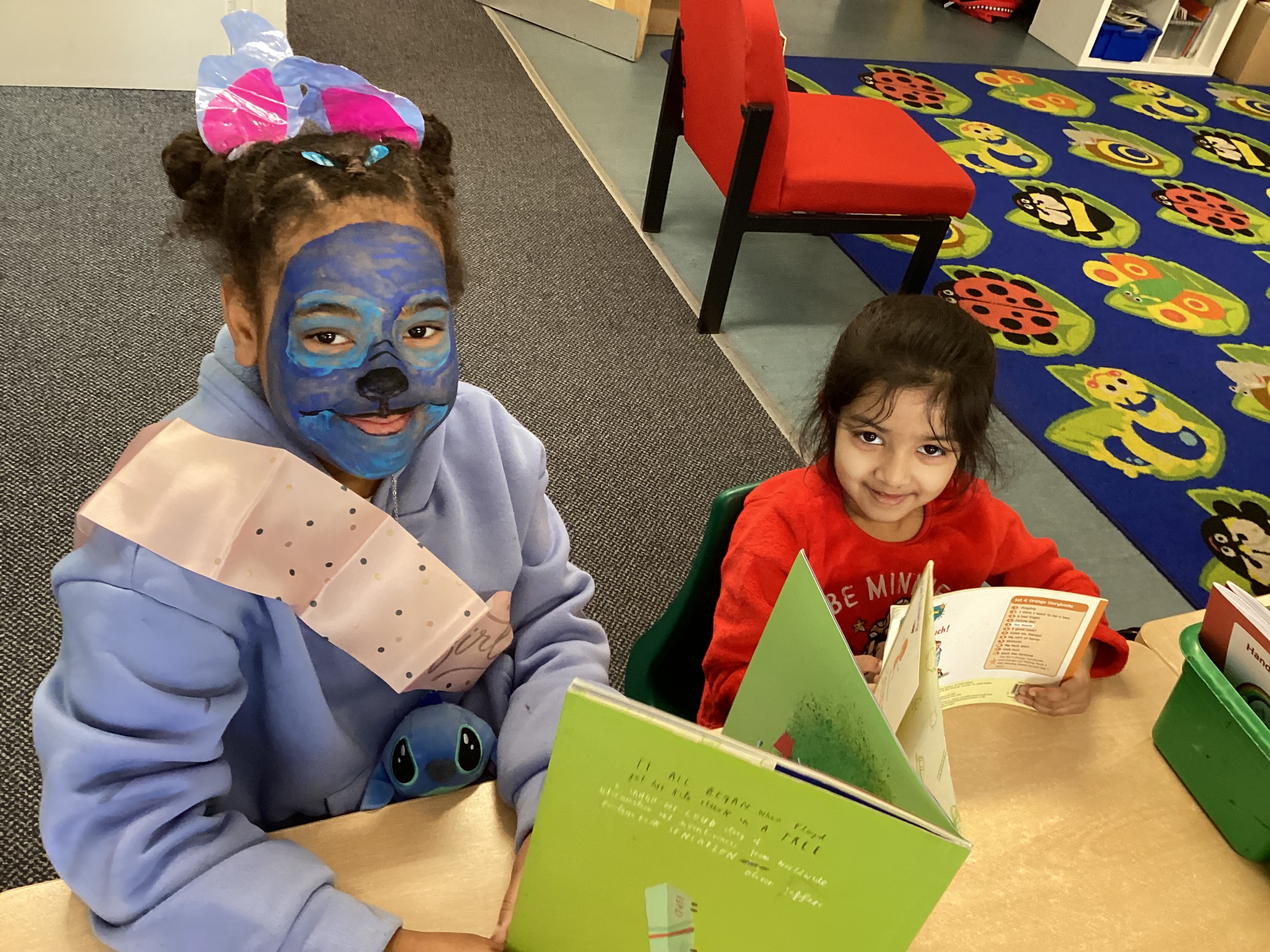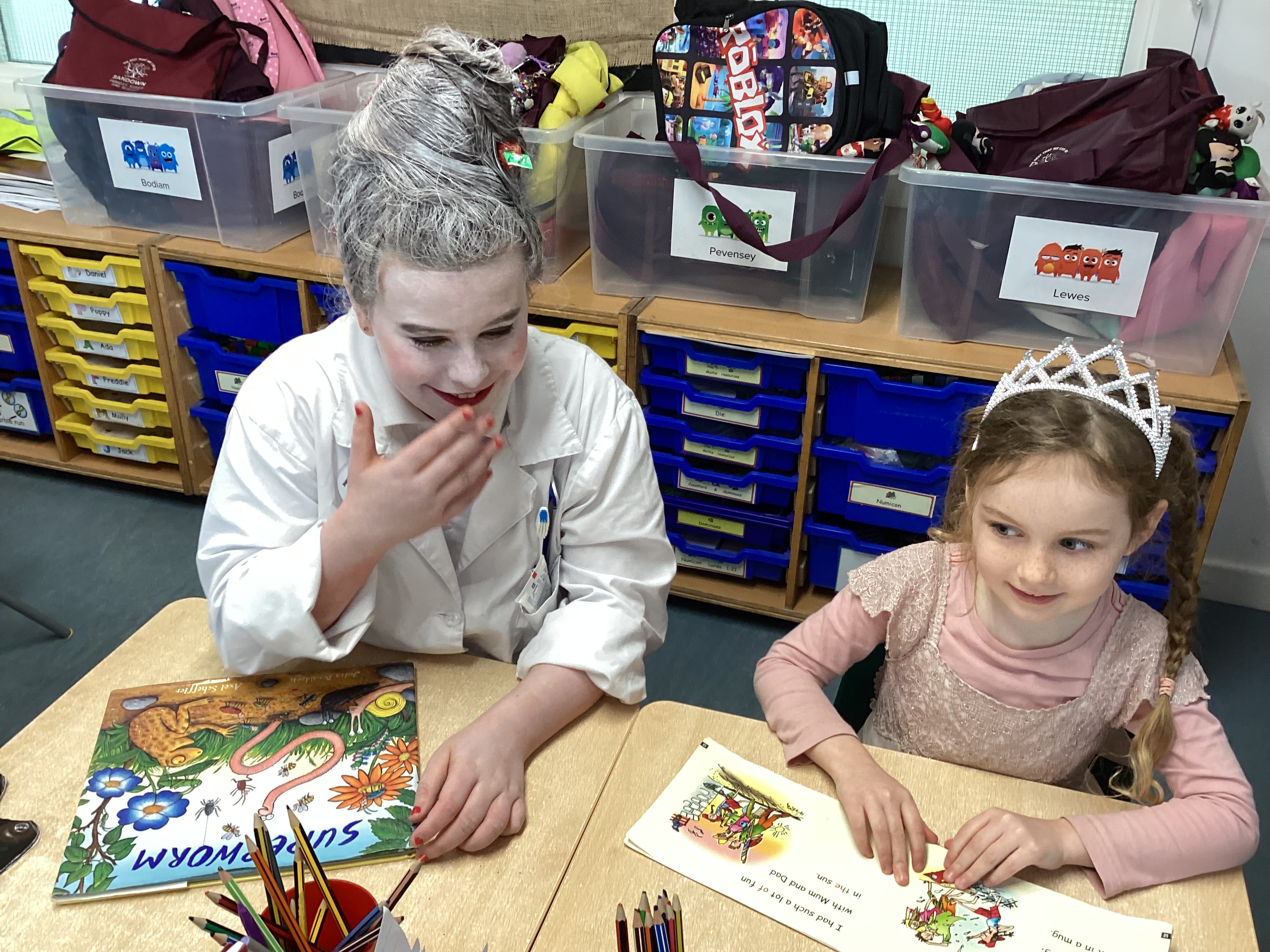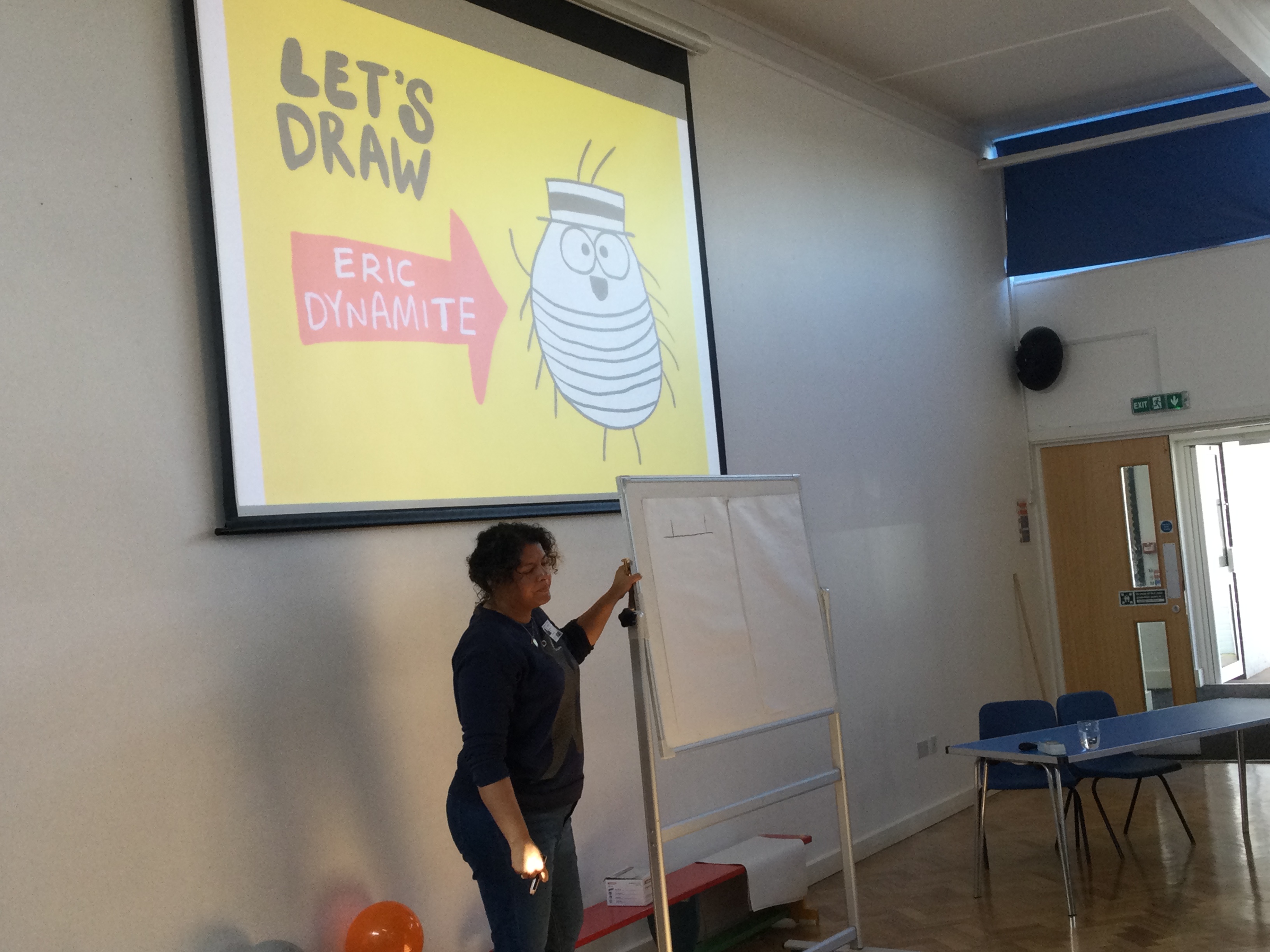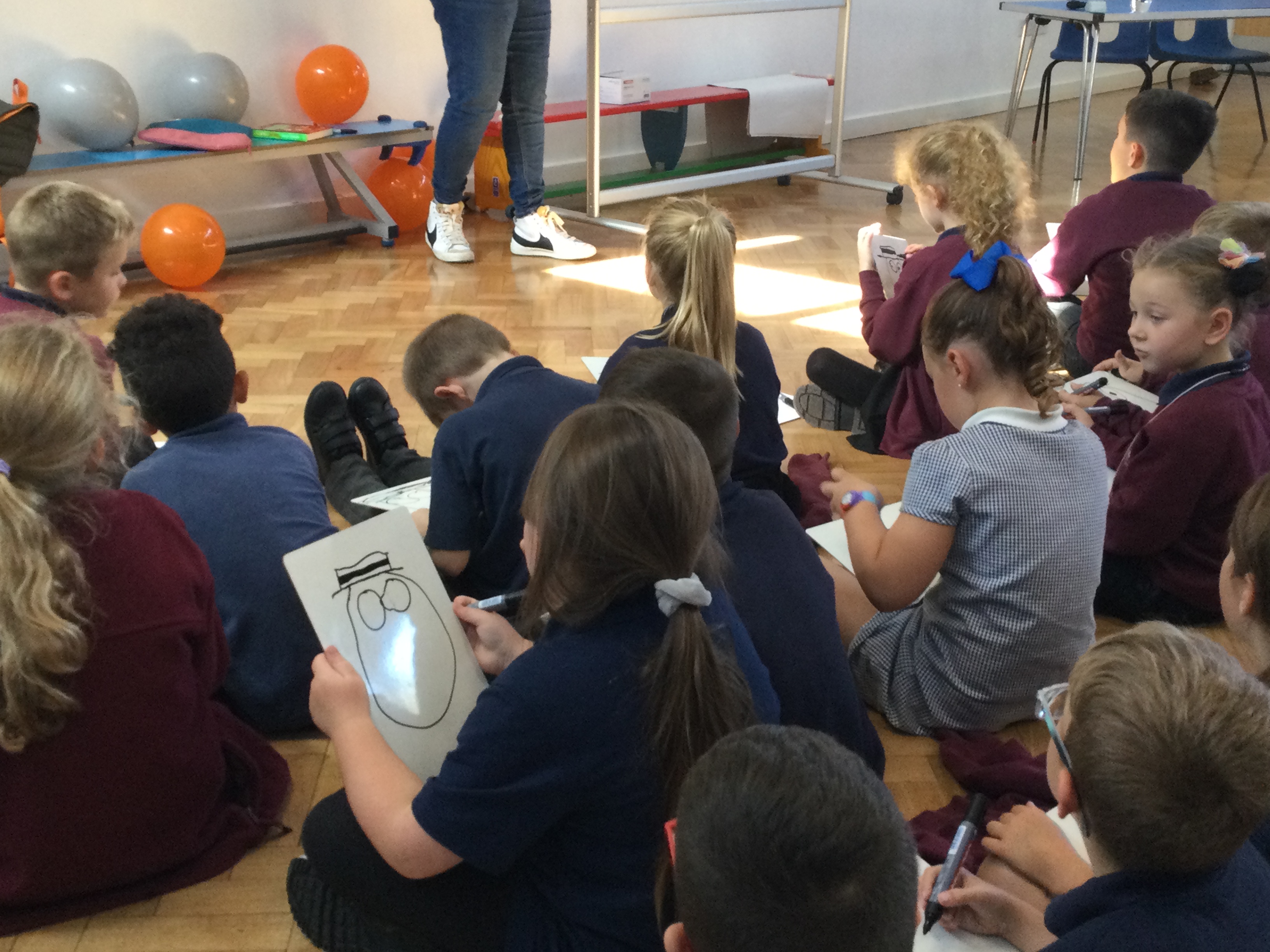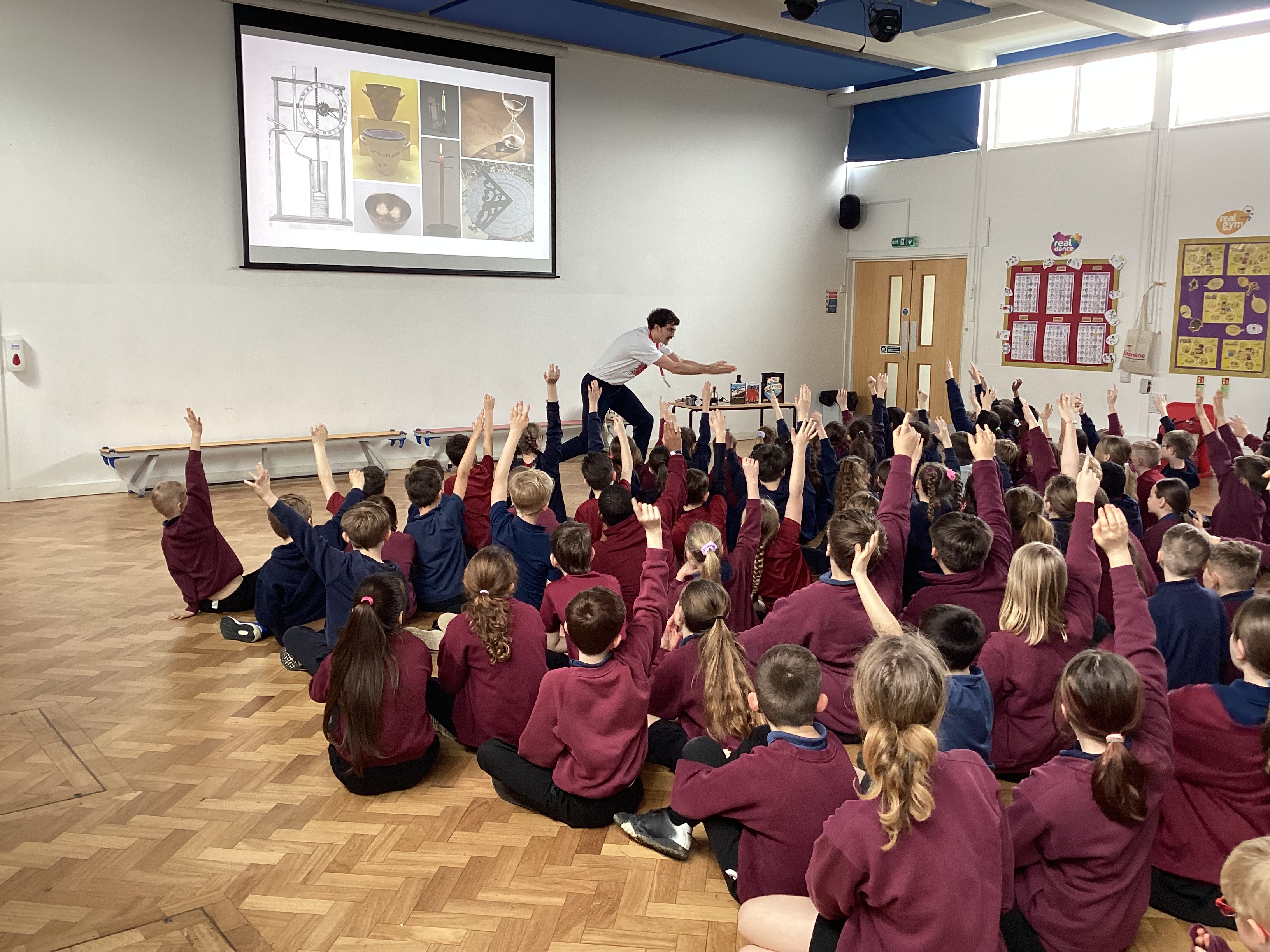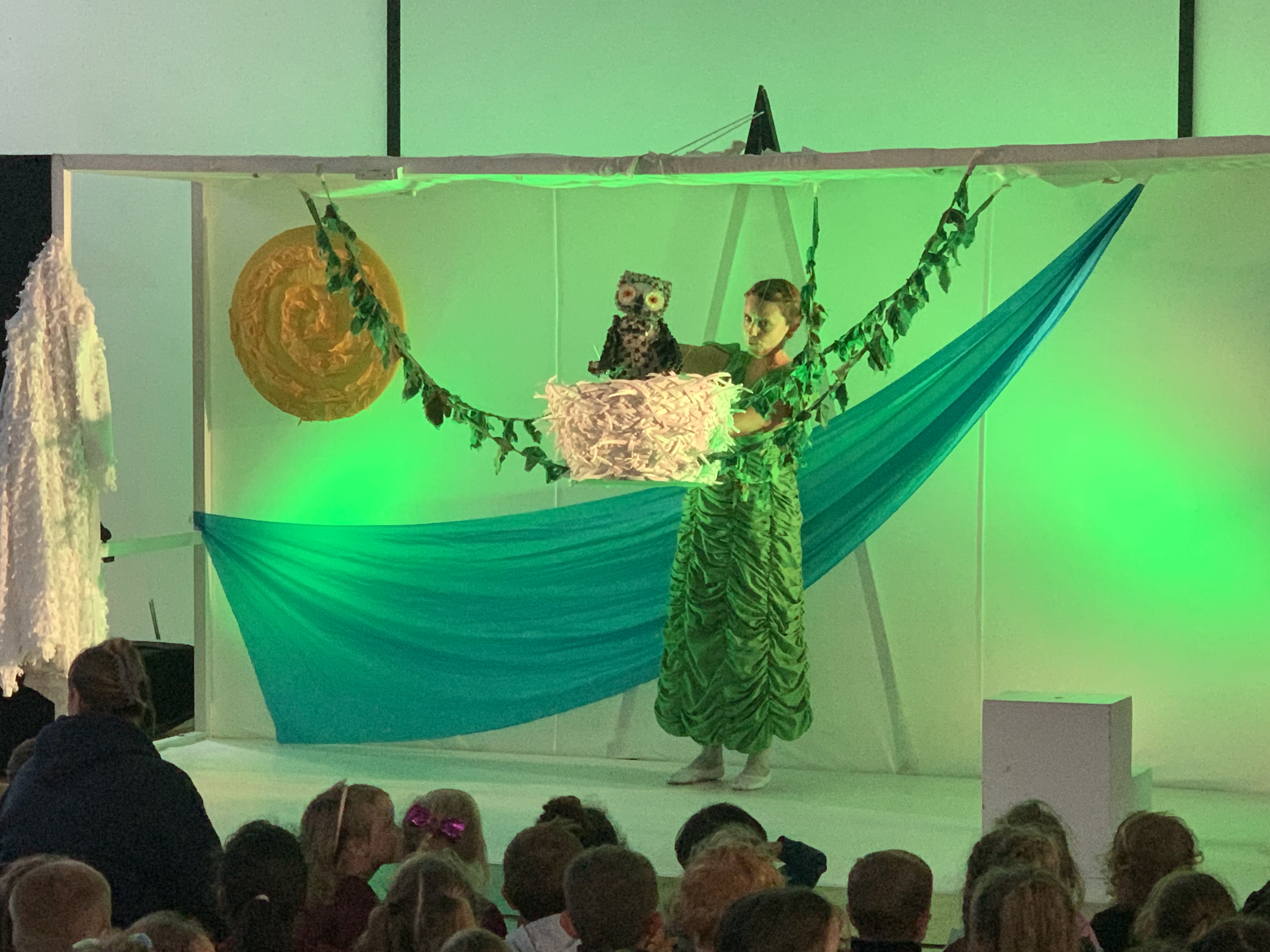English has a fundamental place in education and in society. Our intent at Sandown is to deliver high-quality education in English that will teach pupils to read fluently, communicate effectively, write purposefully and develop a life-long love of reading. Through reading in particular, pupils have a chance to develop culturally, emotionally, intellectually, socially and spiritually.
Literature plays a key role in such development. Reading also enables pupils both to acquire knowledge and to build on what they already know.
You can read more about our English Curriculum here.
You can see our Class Texts here.
At Sandown, we strive to bring English to life. We have regular special events to engage the children with the subject. We have author visits, storytelling puppet shows, storytelling workshops, poetry days, virtual poet and author visits and book character dressing up days. We also have a weekly celebration assembly where children are celebrated as ‘Reading Bugs’ and win book prizes.
Across EYFS and KS1, phonics is taught systematically on a daily basis, following the Read Write Inc scheme. Read Write Inc (RWI) is a phonics-based programme which helps children learn to read and write, whilst also developing a wide range of vocabulary and encouraging a love of stories. When the children are confident with their sounds and word reading, they are awarded a Fred Frog keyring.
In Key Stage 2, we use a whole class reading approach to teach fluency elements and comprehension skills. The four fluency elements we teach through adult modelling and non-examples, echo reading and choral reading, are Phrasing, Expression and volume, Pace and Smoothness (PEPS). Through questioning and adult modelling, we teach children six key comprehension strategies: Vocabulary, Inference, Prediction, Explanation, Retrieval and Summarising/Sequencing (VIPERS). Children are taught what these strategies are, how they can be used and why and when to use each strategy. In KS2, children also use the Accelerated Reader programme to develop their skills through reading books matched to their ability.
In September 2024, we are beginning our Talk for Writing journey by becoming a Talk for Writing school. We are working closely with a local Talk for Writing training centre to implement this approach with fidelity. Talk for Writing was developed by the teacher, author and poet Pie Corbett and is based on the key principles of how children learn. This creative, yet rigorous approach enables children to imitate the key language patterns they need for a particular text type orally before they try reading and analysing it. Through fun activities that help them to rehearse the tune of the language they need, followed by shared writing to show them how to craft their writing, children are helped to write in the same style. Our spelling and handwriting schemes are used to support children in developing good spelling knowledge and a legible joined style.
For additional information about this subject, please contact the school office and ask to speak to the subject leader.
